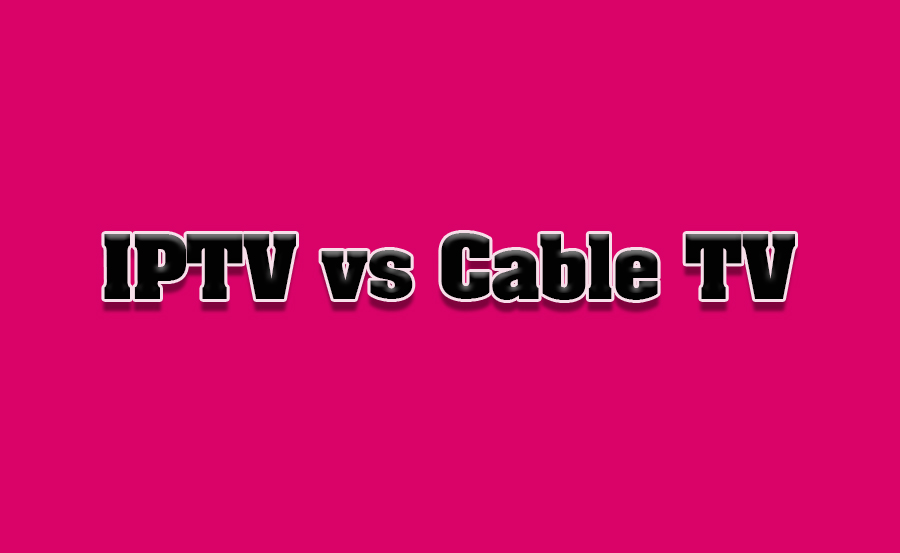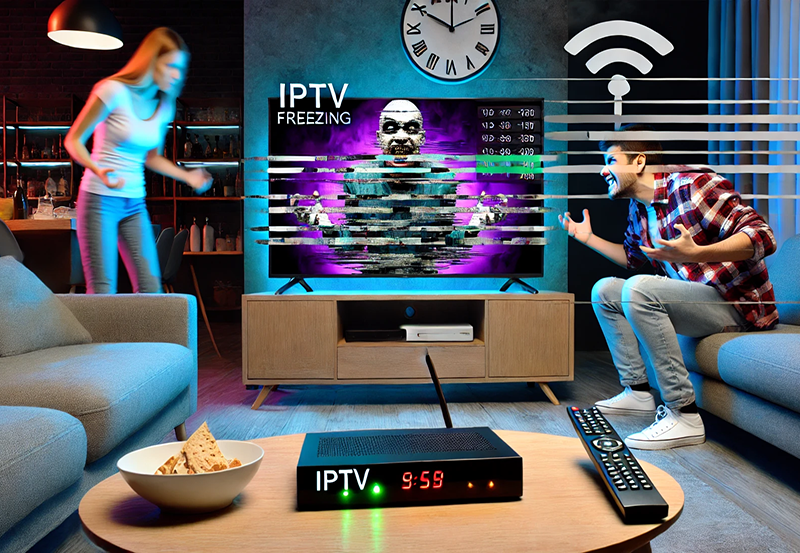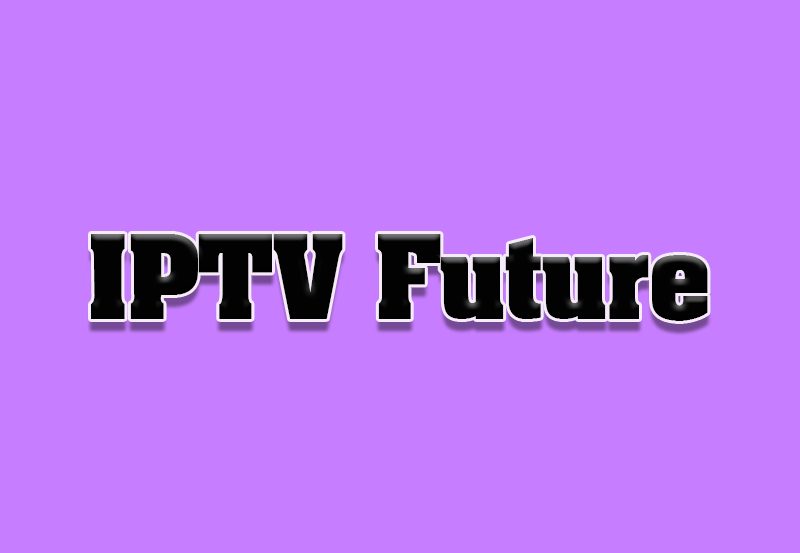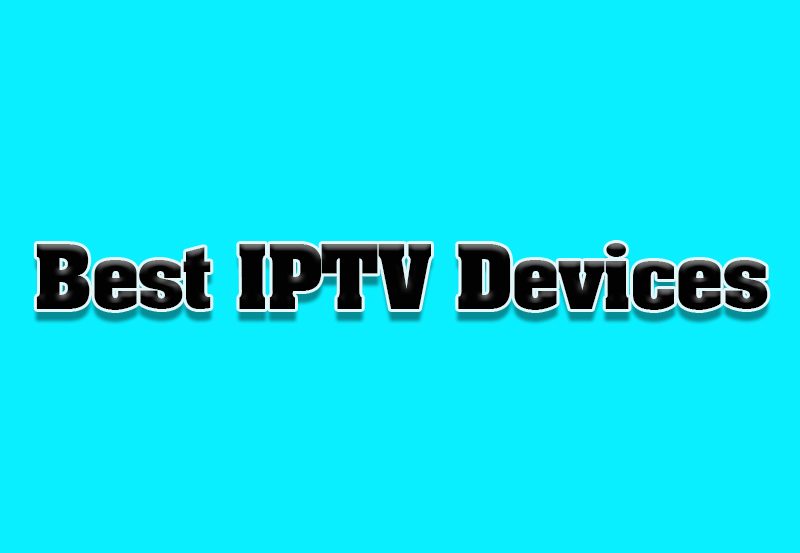The television landscape is changing, and the debate over IPTV vs. cable TV is at the heart of this transformation. As more consumers turn to internet-based streaming solutions, many wonder how traditional cable TV holds up against the flexibility and cost-effectiveness of IPTV services. In this article, we will compare IPTV with cable TV, with a special focus on how to watch IPTV on 8K TVs and the best IPTV apps for 8K TVs. We will explore the advantages and limitations of each and determine which is the better option for the modern viewer.
Buy 1 Year IPTV Subscription and Enjoy Unlimited Content
What is IPTV and Cable TV?
What is IPTV?
IPTV (Internet Protocol Television) delivers TV content over the internet rather than traditional satellite or cable systems. This service allows users to stream live TV, movies, and on-demand content directly through their internet connection. IPTV is typically provided through subscription services and can be accessed on a variety of devices, from smartphones and tablets to smart TVs and set-top boxes.IPTV service
What is Cable TV?
Cable TV is a traditional method of receiving television content through coaxial cables, which deliver signals to your TV set. This method usually involves a subscription service that provides a bundle of channels, which can include live broadcasts, on-demand programming, and additional premium services. Unlike IPTV, cable TV relies on physical infrastructure that transmits signals to homes via cables.
Key Differences Between IPTV and Cable TV
To better understand how IPTV stacks up against cable TV, let’s break down the key differences that affect the viewing experience, particularly when it comes to 8K streaming.
1. Content Delivery and Flexibility
- IPTV: IPTV provides users with a much more flexible experience. It uses the internet to deliver content, which means you can access TV shows, movies, and live broadcasts from almost any device—whether it’s your smartphone, tablet, laptop, or 8K TV. Additionally, IPTV services often allow you to pick and choose the content you want to watch, instead of being locked into pre-set channel packages.
- Cable TV: Cable TV offers more rigid options. You are typically locked into a subscription package with specific channels, and while some services offer on-demand content, the selection may be limited compared to IPTV. Cable also requires a physical cable connection, which can be limiting in terms of device compatibility.
2. Streaming Quality and Resolution
- IPTV: One of the biggest advantages of IPTV is its ability to support higher resolutions such as 4K and even 8K streaming. As 8K TVs become more accessible, many IPTV services have started offering upscaled 8K content or support for 4K resolution, which looks stunning on modern 8K TVs. IPTV’s reliance on the internet means that, with the right bandwidth, you can enjoy seamless, high-quality streaming without interruption.
- Cable TV: Cable TV is often limited to lower resolutions, such as HD or 4K, depending on the provider. While some cable providers are starting to offer 4K content, 8K streaming is not yet a common offering. The quality of the stream can also degrade if there is an issue with the cable signal, resulting in pixelation or buffering.
3. Cost and Pricing Models
- IPTV: IPTV is typically more affordable than cable TV. Many IPTV services offer flexible pricing models, where users can choose to pay only for the channels they watch most. There are also various low-cost IPTV subscription services that provide access to a wide range of content at a fraction of the price of traditional cable packages.
- Cable TV: Cable TV tends to be more expensive, particularly if you want access to a broader range of channels and premium content. In addition to the base subscription, you may also face extra fees for equipment rentals (like set-top boxes) or additional premium services (like HBO or sports channels).
4. On-Demand Content and DVR Options
- IPTV: One of the key benefits of IPTV is its ability to provide on-demand content and cloud DVR services. Most IPTV providers allow you to watch content anytime you want, without being tied to a set broadcast schedule. You can also record your favorite shows or live events to watch later, and many services offer unlimited cloud DVR storage.
- Cable TV: While cable TV offers DVR functionality, you are often limited to a set amount of storage. Many cable providers also charge extra for DVR services, which can add up over time. Additionally, while cable TV offers some on-demand options, the selection may not be as expansive as what IPTV can provide.
5. Device Compatibility
- IPTV: IPTV can be accessed from virtually any device with an internet connection. Whether you’re watching on a smart TV, smartphone, or tablet, IPTV services are designed to be flexible and work across a variety of platforms. This is particularly important for 8K TV users, as IPTV apps can be optimized for high-definition screens to take full advantage of your TV’s capabilities.
- Cable TV: Cable TV is typically limited to set-top boxes or cable boxes provided by your service provider. These devices often come with a fixed user interface and may not support the latest streaming devices or advanced technologies like 8K resolution.
How to Use NVIDIA Shield TV for Cloud Gaming
How to Watch IPTV on 8K TVs
With the rise of 8K TVs, many IPTV users are wondering how to get the most out of their ultra-high-definition screens. Here’s how to optimize your IPTV setup for 8K viewing:
1. Choose IPTV Apps Optimized for 8K TVs
To get the best possible experience on your 8K TV, you’ll need to use IPTV apps that are optimized for high-resolution streaming. Apps like IPTV Smarters Pro, Tivimate, and Perfect Player IPTV offer 4K and 8K streaming capabilities. These apps upscale 4K content to 8K, allowing you to enjoy sharper images on your ultra-high-definition display.
For more tips on how to optimize your IPTV setup for 8K TVs, be sure to check out our guide on 8K IPTV streaming setups.
2. Ensure a Stable Internet Connection
Streaming 8K content requires a fast and reliable internet connection. To avoid buffering or interruptions, ensure your internet speed is at least 100-150 Mbps. A wired Ethernet connection is ideal for stable streaming, as Wi-Fi can sometimes lead to reduced speeds.
3. Use an IPTV Box or Smart TV
If your 8K TV doesn’t support certain IPTV apps directly, consider using an IPTV box like the NVIDIA Shield TV Pro or Amazon Fire TV Cube. These devices offer powerful streaming capabilities, including support for 4K and 8K content, and can be connected to your 8K TV via HDMI.
IPTV vs. Cable TV: Which One Should You Choose?
When comparing IPTV and cable TV, the right choice ultimately depends on your viewing preferences and needs. Here are some reasons why IPTV is the future of television:
Why Choose IPTV?
- Cost-effective: IPTV services tend to be more affordable than traditional cable subscriptions.
- Flexible content options: Watch what you want, when you want, on multiple devices.
- High-definition quality: IPTV supports up to 8K resolution for a superior viewing experience.
- On-demand content and DVR: Enjoy unlimited access to on-demand content and cloud DVR for recording shows.
Why Choose Cable TV?
- Reliable service: Cable TV is a tried-and-tested option with solid infrastructure and a long history of reliability.
- Local broadcast channels: Cable TV offers local broadcast channels that may not always be available through IPTV services.
If you want to explore the best IPTV apps and get the most out of your 8K TV, check out our detailed guide on IPTV apps for 8K TVs.
Frequently Asked Questions (FAQs)
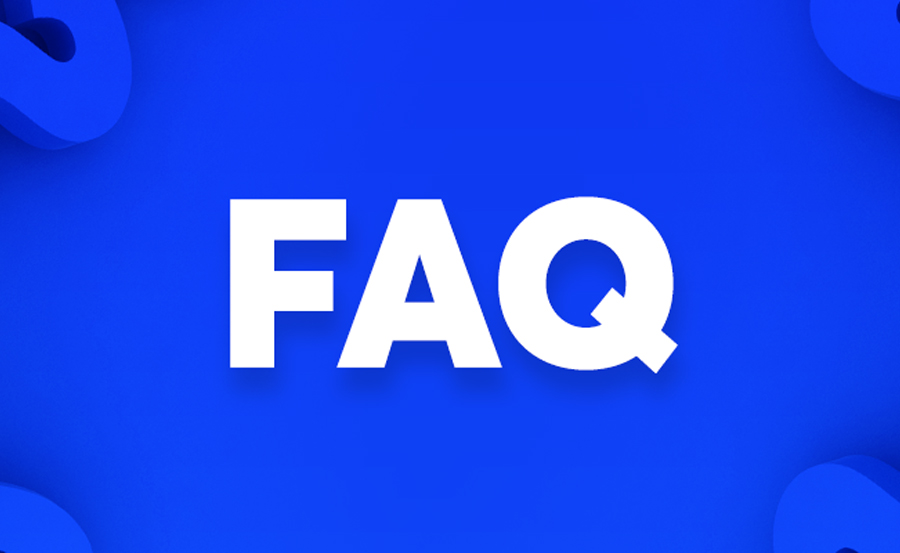
1. Can IPTV provide 8K content?
While most IPTV services currently offer up to 4K resolution, many IPTV apps can upscale 4K content to 8K, allowing you to enjoy high-quality streaming on your 8K TV.
2. How fast does my internet need to be for IPTV streaming in 8K?
To stream IPTV content in 8K, your internet speed should be at least 100-150 Mbps for a seamless, buffer-free experience.
3. Are IPTV services cheaper than cable TV?
Yes, IPTV services are often more affordable than traditional cable TV, offering more flexible subscription models and lower pricing.
4. Which IPTV app is best for 8K TVs?
Apps like IPTV Smarters Pro, Tivimate, and Perfect Player IPTV are excellent options for streaming on 8K TVs, as they support high-definition resolutions and provide upscaling features.
5. Can I watch IPTV on any device?
Yes, IPTV can be streamed on a variety of devices, including smart TVs, smartphones, tablets, and streaming boxes, making it a flexible choice for modern viewers.order IPTV
AVOV IPTV Box and Android Integration: full tip

